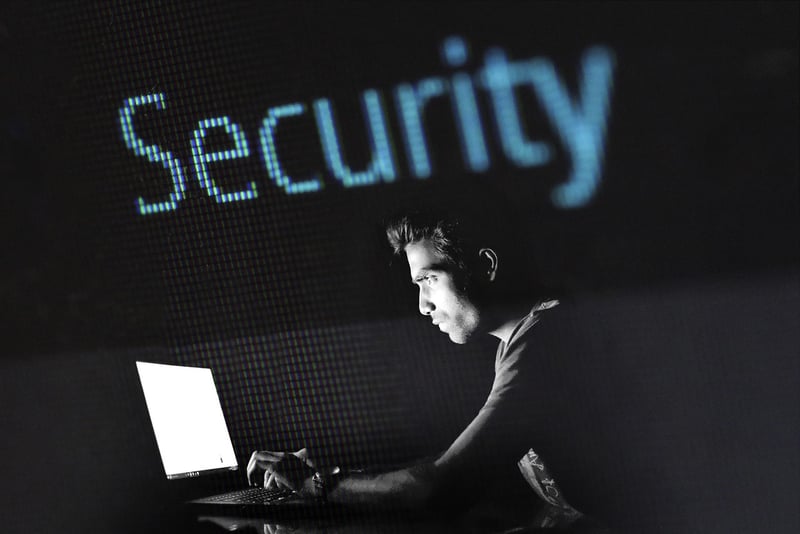Online Privacy
Guidance for Staying Safe Online and Protecting Your Privacy
Welcome to our guide on staying safe online and safeguarding your privacy in the digital age. As the internet becomes an integral part of our lives, it's crucial to be aware of potential risks and take steps to protect yourself online.
1. Use Strong and Unique Passwords
One of the simplest yet most effective ways to enhance your online security is by using strong, unique passwords for each of your accounts. Make sure to include a mix of letters, numbers, and special characters to create complex passwords.
2. Enable Two-Factor Authentication (2FA)
Adding an extra layer of security through two-factor authentication can significantly reduce the risk of unauthorized access to your accounts. Enable 2FA wherever possible, especially for sensitive accounts like email and banking.
3. Be Cautious of Phishing Attempts
Phishing scams are common online, where attackers try to trick you into revealing personal information. Be wary of unsolicited emails, messages, or links from unknown sources and avoid providing sensitive data unless you are certain of the sender's legitimacy.
4. Update Your Devices Regularly
Keep your operating system, software, and antivirus programs up to date to patch any security vulnerabilities. Regular updates ensure that your devices are equipped with the latest defenses against cyber threats.
5. Safeguard Your Personal Information
Be mindful of the information you share online, including on social media platforms. Avoid posting sensitive details such as your address, phone number, or financial information publicly, as this data can be exploited by malicious actors.
6. Use Secure Wi-Fi Networks
Avoid connecting to public Wi-Fi networks for sensitive activities like online banking or shopping. Opt for secure, password-protected networks and consider using a virtual private network (VPN) for added encryption when accessing the internet on the go.
7. Regularly Review Privacy Settings
Check the privacy settings on your social media accounts and other online services to control who can see your information. Adjust these settings to limit the visibility of your profile and posts to only trusted individuals.
8. Educate Yourself on Online Security
Stay informed about the latest cybersecurity threats and best practices for staying safe online. Familiarize yourself with common scams and tactics used by cybercriminals to better protect yourself and your data.
By following these guidelines and staying vigilant, you can enhance your online security and safeguard your privacy in an increasingly digital world. Remember, proactive measures are key to mitigating risks and enjoying a safe online experience.
Stay safe and secure online!

For more information on online privacy and security, visit Cyber Aware.
